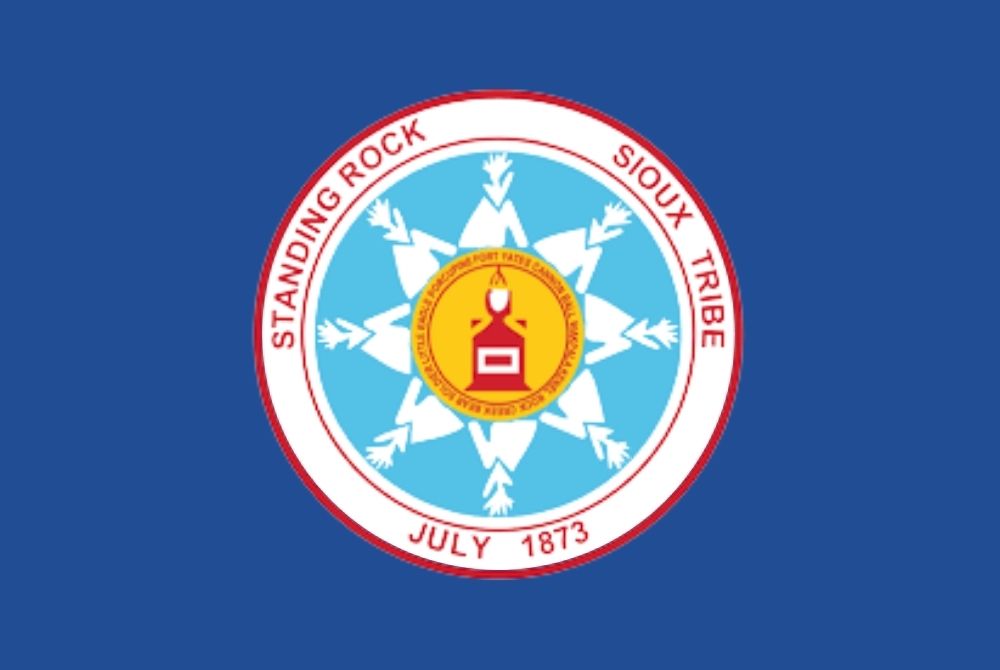Is there a space for communal ownership in U.S. copyright law? And what purpose would it serve?
In May of this year, Standing Rock banned the Lakota Language Consortium (LLC), The Language Conservancy, and their founders, Wilhelm Meya and Jan Ullrich from the reservation.
The North and South Dakota Indian Reservation serves as a primary place of residence for many members of Dakota and Lakota tribe sects, which are sub-groups of the Great Sioux Nation.
So why would they ban an organization that seems devoted to their language? One vein of the issue is copyright.
Who Owns a Language?
The Lakota language has been primarily passed down through oral traditions. Present speakers of Lakota have dwindled below 2,000 in recent years as older speaking generations pass away.
Efforts to encode Lakota in a written format have emerged over time, in the hope that this will help increase the number of speakers – efforts from inside and outside of the tribe.
LLC and The Language Conservancy formed part of that revitalization movement. But the founders Meya and Ullrich are not actually part of the Lakota people – they are white.
They pitched themselves as linguists interested in learning about, organizing, and preserving the Lakota language. And they have collaborated with tribal members to do this. This has taken years of interviews, recordings, meetings, and curriculum development.
Copyrighting the Writing
One major problem that has arisen: LLC and its affiliates have put a lot of work into a standardized orthography of Lakota. But the learning materials created from this research have been copyrighted by Meya and Ullrich.
This includes dictionaries and textbooks necessary to learn and employ the LLC version of the written Lakota language. So while tribal members freely gave their interviews and assumed communal ownership of the materials developed – the new owners of the materials are locking them with a price tag.
One Lakota man in particular, Ray Taken Alive, whipped up support to oust LLC from Standing Rock territory. He took issue with:
- Non-Lakota people claiming copyright of educational Lakota elements
- The amount of profit gathered by the LLC founders – especially in comparison with the average income of people being asked to pay for access to study their own language
Meya has argued about the cost of publishing. He justifies charges for Lakota dictionaries or textbooks as a necessity, not an evil.
The Implications of Copyright
U.S. copyright law does play into this tension. It states that, the moment you create something, it is protected by copyright. So, the copyrights for the tapes of native Lakota speakers speaking the language, dictionaries and textbooks are owned by LLC which is the entity that recorded the speakers and created the dictionaries and textbooks. Normally this would be considered a benefit but the tribes see the copyright protections as a negative. From the tribe’s perspective, no one else should own the right to these materials since it is their language.
If something is “owned,” its proliferation must be negotiated. And that can create walls and barriers that are sometimes inappropriate or culturally insensitive.
The Fight Continues
Ray Taken Alive and others have called their reclamation “data sovereignty.” They believe that Lakota speaking people need to determine for themselves how their language is written and learned.
However, some speakers of Lakota believe that the LLC has done some good in preserving the language. They would prefer that the tribes and LLC find a win-win situation that works for both them. There are many different solutions that can be explored, and hopefully multiple parties are willing to do so in the effort to save the Lakota language without copyright issues barring the way.
